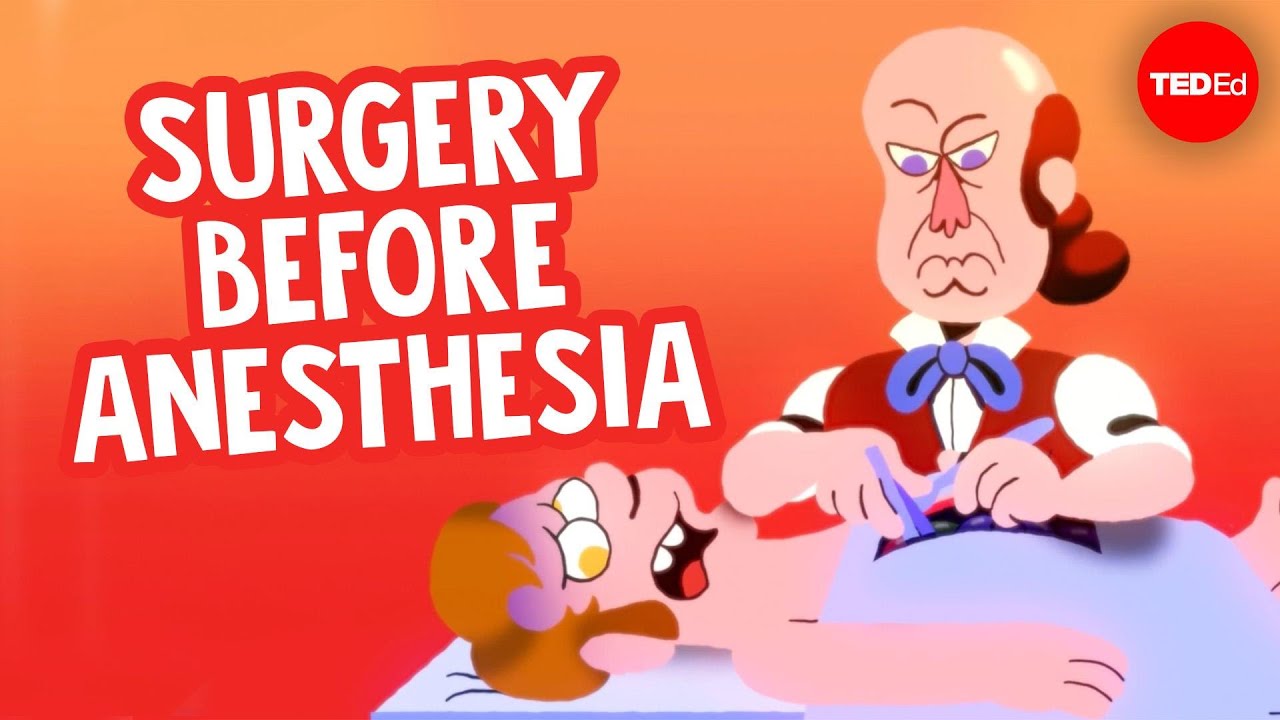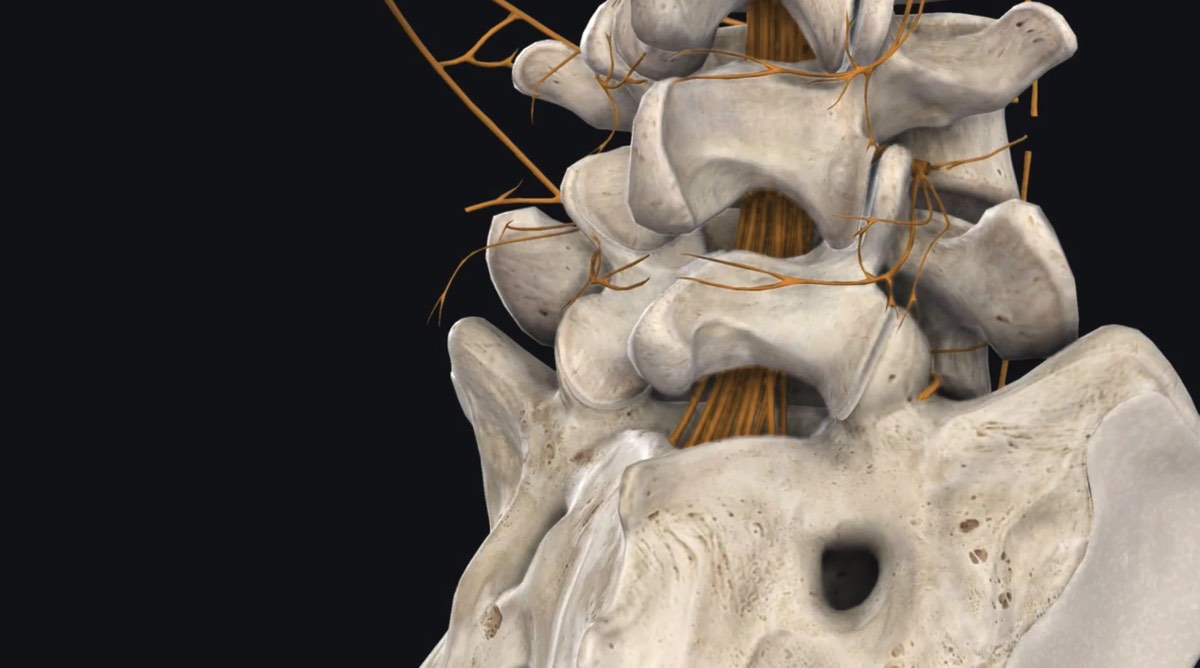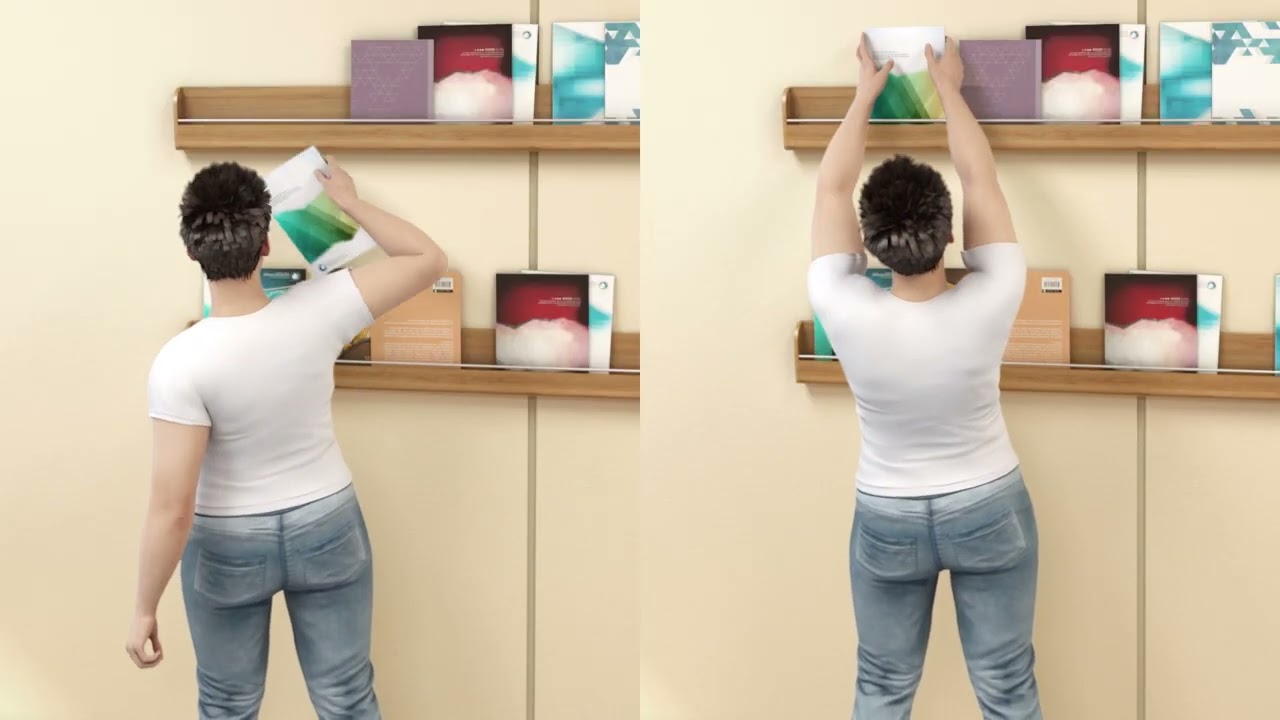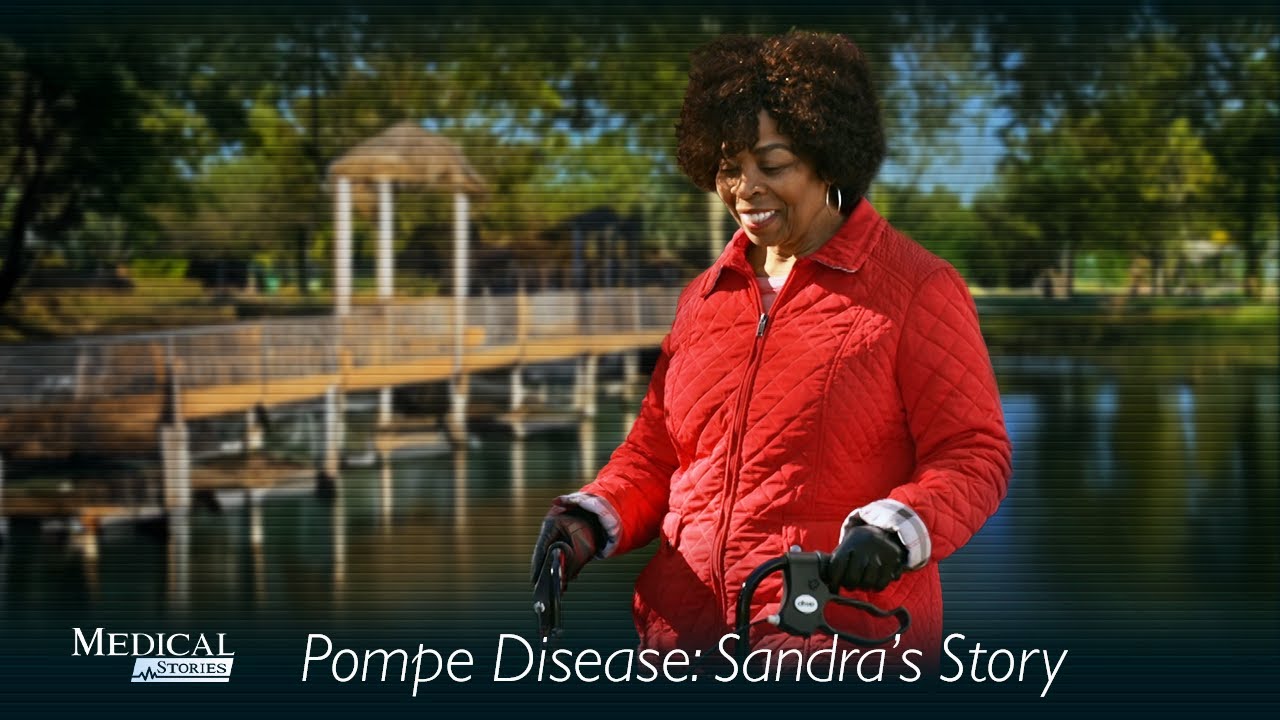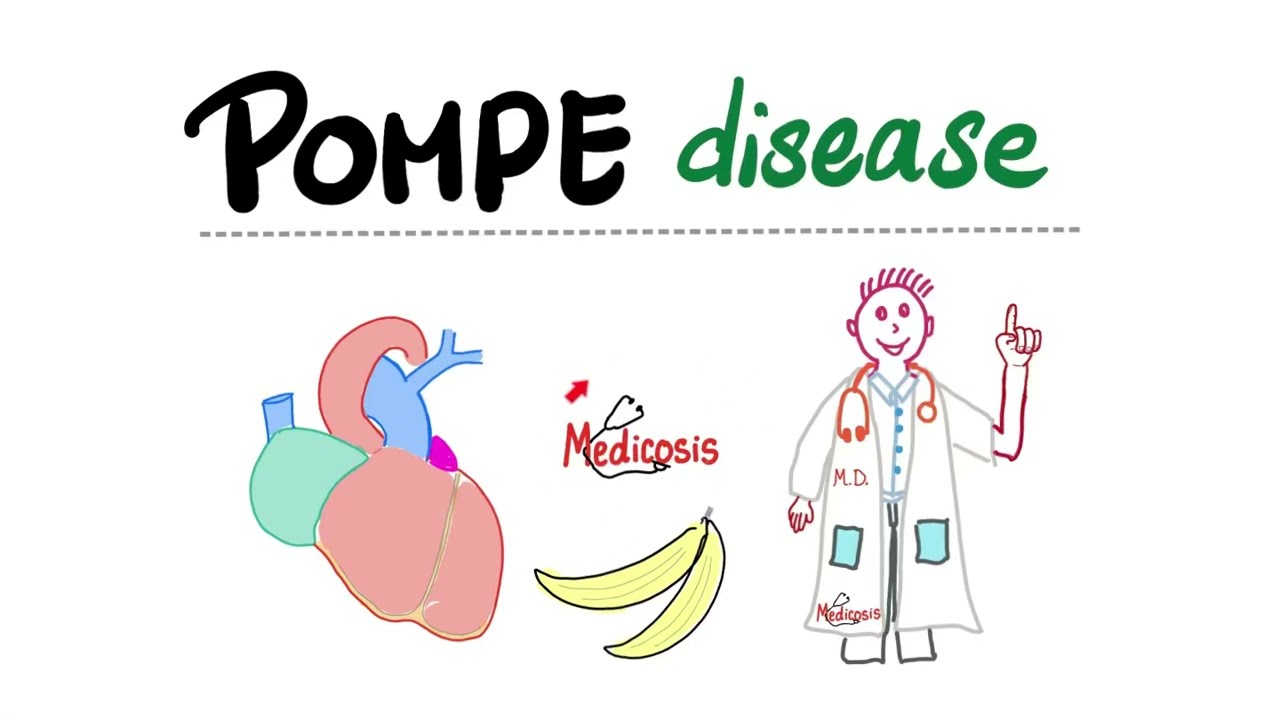The Anesthesiology Channel
December 15, 2011 • Anesthesiology, Ophthalmology, Reuters Health • The Doctor's Channel Newscast, Surgery
NEW YORK (Reuters Health) – A single dose of oral azithromycin reduces the recurrence of trichiasis for up to three years more so than a six-week regimen of topical tetracycline, researchers report.
This strategy “fits” with the World Health Organization’s multifaceted strategy for eliminating trachoma by 2020, Dr. Sheila West, of the Dana Center for Preventive Ophthalmology, Wilmer Eye Institute, Johns Hopkins University, Baltimore, Maryland, told Reuters Health.
That strategy consists of surgical correction of trichiasis, antibiotic use, facial cleanliness and environmental improvement, aka SAFE. “Clinicians in trachoma areas should treat postoperative cases with a single dose of azithromycin,” Dr. West said.
Trachoma, caused by infection with the bacterium Chlamydia trachomatis, is the leading infectious cause of blindness and accounts for roughly 15% of blindness worldwide. The WHO estimates that more than six million people are blind from trachoma. In regions where trachoma is hyperendemic, such as Ethiopia, the prevalence of trichiasis in adults is as high as 7%.
Trichiasis recurrence rates one to three years after surgery have been found to be as high as 28% to 56%. In the Surgery for Trichiasis, Antibiotics to Prevent Recurrence (STAR) trial, 1,452 patients from Ethiopia who underwent trichiasis surgery were randomly assigned to a single oral dose of azithromycin (one gram) or topical tetracycline (twice per day for 6 weeks) following surgery.
One year after surgery, recurrence rates were reduced by 33% in oral azithromycin arm compared with the tetracycline arm; three years after surgery, the protective effect of azithromycin was still evident, with a 22% reduction in recurrence rate from 13% to 10% when compared with tetracycline.
“Although the cost of oral azithromycin is greater than the cost of topical tetracycline ointment ($4.60 vs 30¢ per child), oral azithromycin is readily available in sub-Saharan Africa through mass donation programs,” the investigators note.
Similar to findings at one year, moderate or severe entropion at baseline was a significant risk factor for trichiasis recurrence at three years, “thus emphasizing the need for early surgical correction,” the investigators say.
Male sex was also a significant risk factor for trichiasis recurrence at three years, a pattern seen at one year as well. “This may be related to differences in sex behavior because men were anecdotally observed to be more likely than women to have removed bandages at follow-up and thus may have been more likely to be exposed to infection, despite instructions to leave the bandage in place,” the investigators note.
The STAR trial was funded by the National Eye Institute.
Reference:
Arch Ophthalmol. 2011.

